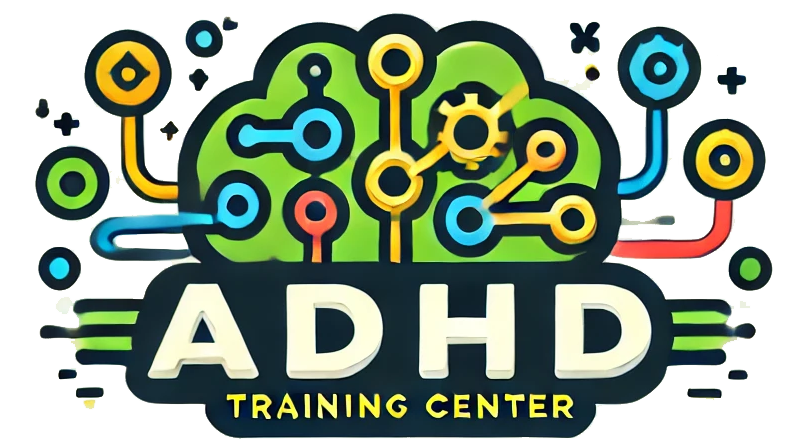If it seems like more parents are signing their kids up for after school activities, it is because they are. Parents now feel like the absolutely have to sign their kids up to do basketball, dance, tutoring, and any number of other after school activities to occupy their children’s time.
Is this a good thing or a bad thing?
The answer is complicated. It is complicated even more so for children with ADHD and executive function disorder. Should you keep your child as busy as possible, filling their active minds and bodies with activities?
After School Activities and ADHD
After school activities can offer structure, movement, and enrichment – all of which may benefit children with ADHD. But the way those benefits play out depends heavily on the child’s needs, the type of activity, and how their brain responds to stimulation and demand.
ADHD is a condition of inconsistent attention regulation and executive function. That doesn’t mean the child lacks attention or motivation. It means they may have trouble initiating tasks, maintaining focus when something isn’t interesting, or shifting between activities smoothly. These differences in brain function, among other factors (which we’ll get to shortly) can influence how after school programs affect them – positively or negatively.
How After School Activities Can Help with ADHD
For many children with ADHD, after school activities can be very beneficial. That is especially true if the activities are interesting to the individual child. For example, if they involve physical activity, hands on engagement, or other stimulation.
The key is to prevent boredom. Boredom is immensely challenging for someone with ADHD. It makes them more likely to engage in activities that are harmful to their development, and reinforces poor focus.
Sports, music, martial arts, and art programs often appeal to children with ADHD because they offer built-in stimulation and direct feedback.
Having a place to go and something to focus on can also help children transition out of the school day, which is often mentally exhausting. For some kids, the right activity gives them space to thrive in ways they don’t always get to in a classroom, and tires out their otherwise active minds.
Where Problems Can Arise
However, while after school activities CAN be beneficial, there can also be risks and drawbacks:
- Choice in Activity – Children with ADHD may have limited cognitive and emotional bandwidth at the end of a long school day. Putting them in an activity like tutoring, which can be quiet, slow, and require more learning, can be difficult for some kids, especially if they’re not in need of immediate academic assistance.
- Too Many Activities – There’s an argument to be made that we put our children into too many activities these days, often filling all of their free time with things to do. While, again, there may be individual children with ADHD that benefit from this, for other children, this may be too many activities.
- No Chance to Unwind – Similarly, school itself can be immensely draining and stressful. Some children are bullied. Others are struggling with their academics. They’re stressed. Numerous after school activities may make it difficult for these children to refresh themselves, and stress can make ADHD symptoms worse.
Imagine your child has a lot of homework, for example, and you fill their time with extracurricular activities. Even if they enjoy these activities, there is a high chance that they are drained afterwards, and now they need to start homework, eat their dinner, and get ready for bed. That is going to increase the risk of meltdowns and homework resistance, along with emotional dysregulation due to fatigue.
They may need time to decompress.
And this isn’t limited to children with ADHD. There is an argument to be made that many more kids need a safe space and safe time to feel better from a long and difficult day. Stacy of ADHD Training Center spoke of this recently on her podcast, “Why Do People Do That”:
Once Again: Every Situation is Different
It would be incorrect to say that your child should or should not be in extracurricular activities. Your child’s age may play a role, their academic success, their level of homework, the activities that provide them the most stimulation, and much more.
Still, one thing that we can say is that this is not a decision that one should choose based on what peers are doing. Many parents – including those of children without ADHD – are overloading their kids with too many extracurricular activities. Many others are not giving their children enough to do and allowing them to roam free.
At minimum, recognize the effects, good and bad, that after school activities can have on a child’s behavior, and try to use that information to make the right choices for your child. For more help with parenting, or to get more ADHD support, reach out to ADHD Training Center, today.


